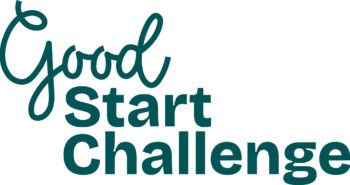“There are only four kinds of people in the world: those who have been caregivers; those who currently are caregivers; those who will be caregivers; and those who will need caregivers” – Rosalynn Carter, Former First Lady of the United States
The same is true for parents.
We are thrilled to announce the launch of the Good Start Challenge, a €2.6 million global challenge to advance innovative solutions that improve the wellbeing of parents and caregivers of young children in underserved communities in Mexico, Colombia, Brazil, Kenya, Uganda, Senegal, Ethiopia, Indonesia and the Philippines.
Why parental wellbeing?
When a child is born, a parent is also born, but it’s only recently that we’ve begun to understand and acknowledge how significant and transformative the transition to parenthood is.
Early parenthood is a time of immense pressure. This is amplified by the fact that the once-communal task of raising children now often falls on just one or two individuals, increasing stress through disrupted sleep, economic strain, and work-life conflict. Mental health challenges are widespread among parents, with studies showing high rates of depression and anxiety in both mothers and fathers during the early years of parenting (Sources: World Health Organisation, Pediatrics).
These pressures are exacerbated for parents living in disadvantaged circumstances, and it is vital to recognise the distinct challenges faced by parents from different communities. In Latin America, Indigenous, Quilombola, and Afro-descendant communities face systemic inequalities which are reflected in the daily hardships that parents face in caring for themselves and their children. In Sub-Saharan Africa, millions of parents and caregivers are affected by or at risk of displacement due to conflict, climate change, and persecution. In Southeast Asia, caregivers in rural and disaster-prone areas face growing physical, emotional, and economic strain as climate change intensifies environmental pressures, disrupts livelihoods, and limits access to essential services. It is essential to provide these caregivers with the specific support, protection, and resources they need to care for themselves and their children in these conditions.
Supporting parents not only benefits their own wellbeing but also strengthens families, communities, and society as a whole. When parents are mentally, emotionally, and physically well, they can provide higher-quality care for their children, laying the foundation for the next generation to thrive and contribute positively to society in return.
Initiatives for supporting parental wellbeing have started to emerge across the globe, but more can be done to translate this knowledge into practice, particularly for parents living in disadvantaged conditions. It is estimated there are over 500 million parents of children under five across the globe (Source: Our World In Data). These parents interact with a range of services and sectors, all of which have potential to drive bold innovation. This challenge invites, and hopes to uncover, creative and effective solutions from anywhere, including by innovators with lived experience themselves.
When parents are mentally, emotionally, and physically well, they can provide higher-quality care for their children, laying the foundation for the next generation to thrive.
What are we looking for?
We welcome ideas from a wide range of sectors that revolutionise the current options in place to support parents’ wellbeing. For example, how can we enable parents to work, learn, move, access services and conduct other activities, with or without their children present? How can we foster connections and support networks among parents? How can we help parents who are disadvantaged better access affordable support services and manage their resources?
Rather than looking for brand-new ideas, we’re looking for solutions that are poised for further development and scaling, with the potential for radically improving the wellbeing of parents and other caregivers of young children across the globe.
We are particularly interested in solutions that support parents facing a wide range of disadvantaged circumstances. These include single, adolescent, displaced and migrant, and financially vulnerable parents across all regions; Indigenous, Quilombolas and other Afro-communities in Latin America; parents and caregivers affected by displacement in Sub-Saharan Africa; and parents in rural and disaster-prone areas in Southeast Asia.
The Challenge is open to legally registered organisations in Latin America, Sub-Saharan Africa and Southeast Asia with solutions to be implemented in Mexico, Colombia, Brazil, Kenya, Uganda, Senegal, Ethiopia, Indonesia and/or the Philippines.
Up to 22 finalists will each receive an initial grant of €50,000 to advance their innovative solution. These finalists will embark on a development phase in which they’ll be supported in developing, testing and refining their innovation, with a chance to win one of up to six final awards of €200,000 and showcase their innovations in front of prospective funders and partners. Throughout the Challenge, innovators will gain access to local networks of parents and caregivers as well as global and regional experts, funders, and policy-makers, creating a global network of innovators committed to supporting parents.
We’re looking for solutions that are poised for further development and scaling, with the potential for radically improving the wellbeing of parents and other caregivers of young children across the globe.
Apply now
The Challenge is now open for entries! Interested organisations should visit the challenge website to learn more, sign up for an upcoming webinar, and check out the entry form and requirements.
The deadline for entry is 17 September 2025.

